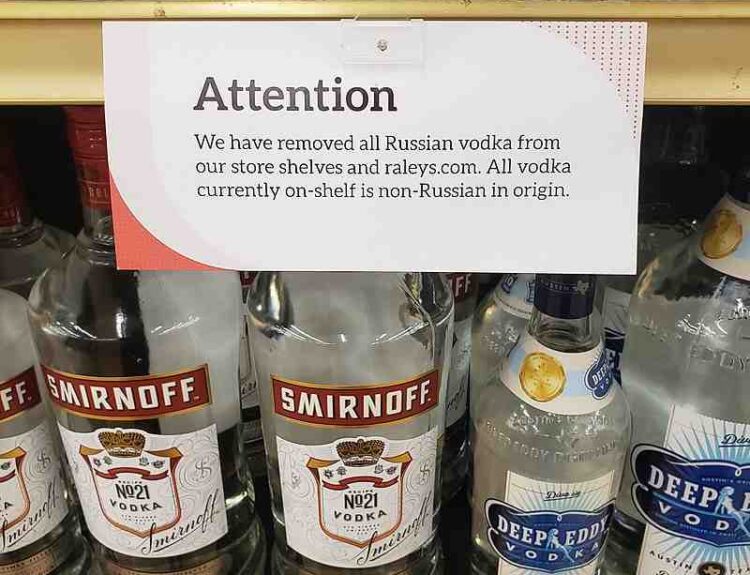How a nearly extinct whale became a rallying point for anti-wind activists with fossil fuel ties.
- Michael Shellenberger, an anti-renewable energy activist, uses the North Atlantic right whale to rally opposition against offshore wind projects.
- Claims that wind farms threaten the nearly extinct right whale are disputed by many scientists, who attribute most whale deaths to boat collisions and fishing entanglements.
- Shellenberger’s coalition includes groups with ties to fossil fuels, which have successfully delayed wind projects through lawsuits.
- The offshore wind industry is crucial for energy transition, with projects capable of powering millions of homes.
- Local opposition and legal challenges have led to the cancellation of several offshore wind projects, exacerbating industry struggles.
Michael Shellenberger, known for his opposition to renewable energy, has found an unlikely ally in the North Atlantic right whale, a species on the brink of extinction. By claiming that offshore wind farms threaten the survival of the remaining 360 right whales, Shellenberger has built a coalition that has successfully slowed the development of wind turbines along the East Coast. While he argues that the construction and noise from these turbines pose a danger to the whales, many scientists disagree, pointing out that most right whale fatalities are due to collisions with boats and entanglements in fishing gear, as reported by the National Oceanic and Atmospheric Administration (NOAA).nnOffshore wind turbines are seen as essential for transitioning to cleaner energy, with the potential to power millions of homes. However, Shellenberger’s coalition, which includes groups funded by conservative and libertarian think tanks linked to the fossil fuel industry, has leveraged the plight of the right whale to gain support from local politicians and communities. They have used their financial resources to file lawsuits against wind companies, further complicating the already challenging landscape for offshore wind projects.nnThe right whale, historically easy prey for whalers due to its slow swimming and coastal habits, has become a powerful symbol for those opposing wind energy. Shellenberger, who has shifted from environmental advocacy to promoting nuclear power, has utilized his platform to draw attention to the issue, claiming that the construction of wind farms could exacerbate the risks faced by these whales.nnDespite the pushback from Shellenberger and his allies, the offshore wind industry continues to assert its commitment to marine life, stating that they avoid operations when whales are present. However, the ongoing protests and legal challenges have already led to the cancellation of several wind projects, highlighting the significant impact of local opposition and the complex interplay between environmental concerns and energy development.·
Factuality Level: 6
Factuality Justification: The article presents a mix of factual information and opinions regarding Michael Shellenberger’s stance on renewable energy and the impact of offshore wind farms on North Atlantic right whales. While it includes credible sources and scientific perspectives, it also contains elements of bias and sensationalism, particularly in the portrayal of Shellenberger’s motivations and the framing of the debate around wind energy. The article could benefit from a more balanced presentation of the arguments on both sides.·
Noise Level: 6
Noise Justification: The article provides a detailed account of Michael Shellenberger’s opposition to offshore wind energy and the coalition he has built around concerns for the North Atlantic right whale. While it presents some relevant information and perspectives, it also includes elements that could be seen as sensational or politically charged, particularly regarding Shellenberger’s motivations and affiliations. The article raises important questions about the impact of wind energy on marine life but lacks a thorough exploration of the scientific consensus on the issue, which detracts from its overall analytical depth.·
Public Companies: Ørsted (ORSTED)
Private Companies: Civilization Works,Protect Our Coast New Jersey,Save Right Whales,Texas Public Policy Foundation,Caesar Rodney Institute,American Coalition for Ocean Protection,Long Island Commercial Fishing Association
Key People: Michael Shellenberger (Environmentalist, CBR chair of politics, censorship and free speech at the University of Austin), Jeff Van Drew (Republican Representative), Kerry Emanuel (Professor Emeritus of Atmospheric Science at MIT), Bonnie Brady (Executive Director of the Long Island Commercial Fishing Association), Ted Hadzi-Antich (Senior Attorney for the Texas Public Policy Foundation), David Wiley (Marine Ecologist at NOAA), Lesley Thorne (Professor at Stony Brook University’s School of Marine and Atmospheric Sciences), Chelsi Napoli (Doctoral Candidate), Paulina O’Connor (Executive Director of the New Jersey Offshore Wind Alliance), Ted Nordhaus (Collaborator with Shellenberger on a book)
Financial Relevance: Yes
Financial Markets Impacted: The offshore wind industry is facing delays and cancellations of projects due to legal challenges and local opposition, impacting companies like Ørsted.
Financial Rating Justification: The article discusses the opposition to offshore wind projects, which are crucial for the renewable energy market, and highlights how legal actions and public sentiment are affecting the financial viability of these projects.·
Presence Of Extreme Event: No
Nature Of Extreme Event: No
Impact Rating Of The Extreme Event: No
Extreme Rating Justification: The article discusses the opposition to offshore wind projects and the impact on North Atlantic right whales, but it does not report on an extreme event that occurred in the last 48 hours.·
Move Size: No market move size mentioned.
Sector: All
Direction: Down
Magnitude: Large
Affected Instruments: Stocks
 www.wsj.com
www.wsj.com 





